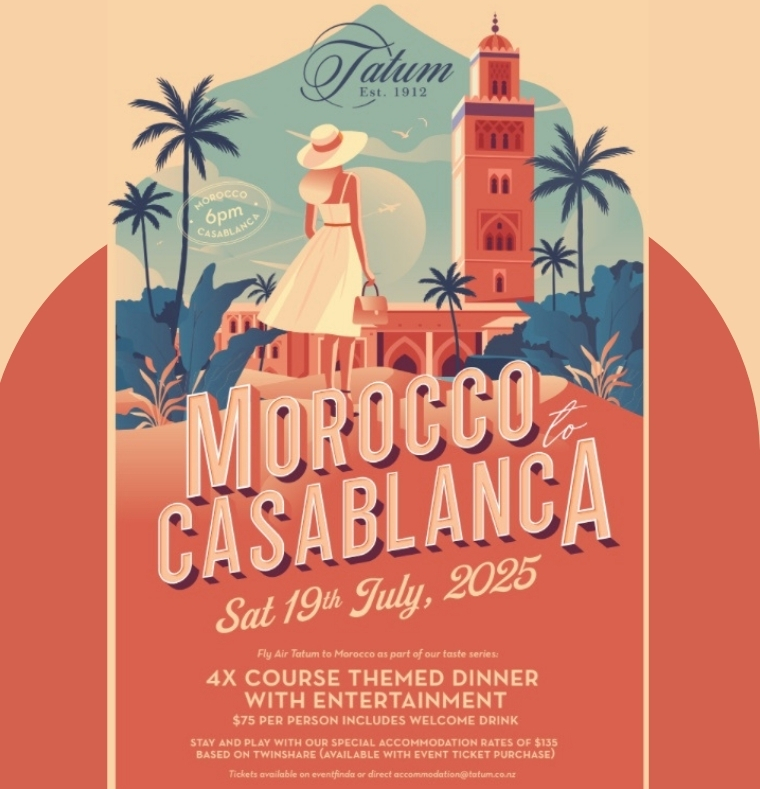
Kāpiti writer Deirdre Kent examines how a dual currency would help New Zealand recover.
From what we sometimes glean from the media the economy consists of a whole lot of empty restaurants and underemployed baristas. Of course it is more than that. The economy is a gigantic machine in which one person’s consumption spending generates someone else’s income.
We buy the things we want and need, and in exchange give money to the people who produced those things, who in turn use that money to buy the things they want and need, and so on, forever.
Coronavirus in New Zealand has resulted in the loss of thousands of jobs, from Air New Zealand, Auckland Council, Fletchers, Millennium Hotels, Sky City, Ngai Tahu to Bunnings. With the first round of wage subsidies ending in June and the second round ending in September there will be thousands more jobs to be lost. Despite the fact that on Monday 8 June we moved to Level One and we can all move around normally within our country, there is no sign of overseas tourism starting up again or Air NZ getting back to 2019 levels within the foreseeable future.
The OECD said in its Economic Outlook 2020, “The global economy is now experiencing the deepest recession since the Great Depression in the 1930s, with GDP decline of more than 20% and a surge of unemployment in many countries.” New Zealand can’t escape.
The Government has already responded with a wide range of schemes to help keep jobs and businesses. The Reserve Bank has lowered interest rates and gone on a spending spree in the secondary market buying up NZ Government bonds which they believe will lower interest rates further. They also lifted Loan to Value Ratio restrictions for commercial banks lending. In other words they want banks to lend money. In a recession businesses and individuals are loath to invest or borrow, so the Reserve Bank wants to make it easier for them.
Naturally all these actions from RBNZ have kept the property market from falling in most regions. I dread to think of the fate of some young couple with a small deposit a year out from now when their house value declines. The Reserve Bank has sent them out to buy a house now because of course property owners have total privilege in our tax system. They are exempt from land value tax, capital gains tax, wealth tax and inheritance tax. The only way they pay for the privilege of monopolising a site is when they pay their rates and that is certainly nothing near the capital gain they will enjoy later for doing nothing to their land but watching the development all around.
Tax issues aside, let’s get on to the circulation of money round an economy. The Dominion Post two days after we started in Level One had the following front page headline, “Wellington, let’s get spending”. Yes we are urged to spend, and yet the Retirement Commissioner urges us to save for our retirement, and those wanting to buy a house naturally want to save a deposit. So we get two opposing messages from society. Apparently we paid off $1 billion during lockdown on our credit cards and this is bad for the economy because every time a debt is paid off there is less money in circulation.
Most people are not aware that our NZ dollar has to act in two conflicting ways, as a both medium of exchange and also as a store of value. It simply can’t do both at the same time. That is a problem. It should be one or the other.
Every time a sale is made both the seller and buyer benefit. So the argument goes the more transactions we have the bigger the benefit for the whole economy. The total sales expenditure is the country’s GDP which was around $203 billion in 2019.
In deflationary times it is well known that consumers hold back on their spending and the velocity of circulation declines. People also pay off credit card debts and mortgages, taking money out of circulation. When they do this the money supply declines if banks aren’t making new loans or the Reserve Bank doesn’t print more digital money. And with all the Covid-19 unknowns and with the possibility of cheaper prices tomorrow or less income tomorrow, consumers hold back even more.
Dual Currency System needed
What is needed therefore is a dual currency. One, the national dollar is useful for buying imported goods and for paying taxes. It can be a saving currency as well as a spending currency. However, because these functions conflict, we need a currency that is a spending currency only. Like ordinary goods, the currency will rot or decay or go out of date.
There are two ways of starting up such a currency:
Give local authorities the power to pay their employees partly in rates vouchers redeemable only by that local authority and make those vouchers decay at something like 8% a year.
Do it nationally. That would involve chartering a new bank and having it issue a new currency. The bank would be essentially a second Reserve Bank with a different name. Spend the new currency into existence through paying for part of the budget on health, education or transport or anything else the government does.
The advantage of the local option is that it is in line with what happens in Nature, a system within a system. But the disadvantage is that when it comes to the practical matters of having a new digital only currency with two currencies on an EFTPOS card, there are too many local authority currencies (78 of them) and too much complication. However the Government itself will not accept these new currencies for taxes and nor should they. The issuer of the rates voucher is the local authority itself and when the voucher is paid to Council in rates and is redeemed, it simply disappears.
The advantages of having a second national currency is that the EFTPOS dual currency card system is simple. There would be only two currencies in the country. The disadvantage is that the new consumers could favour buying from one region over another leading to unplanned centralisation. Then there would be too much internal transport required in New Zealand which would not be efficient. Duplication occurs in Nature and is perfectly logical. For instance you can grow pumpkins or potatoes or apples all around the country so it makes no sense to centralise this activity.
Investment
Right now businesses aren’t investing. They are reluctant to upgrade their software, buy new plant, add new employees, educate their employees, or recruit a top executive. Like individual consumers, businesses are sitting on their capital and waiting to be more certain of the future.
What about those with money? Are they investing in business? The stockmarket shows investors had unrealistic optimism for weeks. But US stocks tanked on Thursday 11 June, as cautious commentary from the Federal Reserve and rising coronavirus infection rates prompted investor concern. All three major indexes posted their biggest single-day declines since March 16.
But imagine we had a second currency operating and it had a circulation incentive built into its design. Its value declines as time passes. What would you do with it? You can’t save it. We wouldn’t fill our houses with cheap imported Chinese goods because we need national dollars to buy imported goods. And we wouldn’t buy more imported cars.
I think, as in previous civilisations where a spending currency existed alongside the national currency, we would save in the form of tangible investments. When we had spent on personally useful things for the future, we would work communally to industrialise in a 21st century style production. We might form a cooperative buying up 3D printers and appropriate materials. Another group might grow bamboo or hemp. Another group might start an orchard and pay workers. Another cooperative would set up a clothing factory. We could invest in art, spend up large on local entertainment. The arts would thrive.
Oh, and as I wrote this I needed to do something with the dispensing box my baking paper came in. What a waste to put it in landfill! People with local spending money itching to be spent might even find it profitable to buy up waste and do some imaginative upcycling. Maybe.
Previous civilisations give us clues
What happened in the Central Middle Ages from 1150-1300 approximately in Europe? They had a dual currency system with the spending currency being used in communal efforts to build cathedrals that would bring pilgrims who would be a source of future wealth. So it was a community that did the investing. See here for more details.
What happened in Wōrgl, Austria in 1932-33? In 15 months the council paved roads, built a ski jump, built a bridge and renewed their reservoir. Once again it was a communal effort in infrastructure that benefitted everyone. Also unemployment levels declined.
And in PreDynastic Egypt they invested in education and produced new knowledge in astronomy, mathematics. They maintained their waterwheels and their wine presses. Dressmakers and laundrymaids could read. They fed their population well.
The logistics of the implementation are not underestimated here. Granted there are major barriers to adopting a second currency, not the least of which is persuading businesses to keep two sets of accounts and all the technical issues of EFTPOS machines with more than one currency. There is also a challenge to ensure that the local currency remains on par with the national currency. The biggest one of all of course is that the tax system needs to be first so excess spending money doesn’t result in unearned profits from land speculation. All these are not addressed in this paper, but it is not being too hopeful to believe that enterprising and clever New Zealanders can solve them all.
Deirdre Kent is a Kāpiti resident, a noted New Zealand researcher, an author and activist.
For more from Deirdre visit: deirdrekent.com/










































